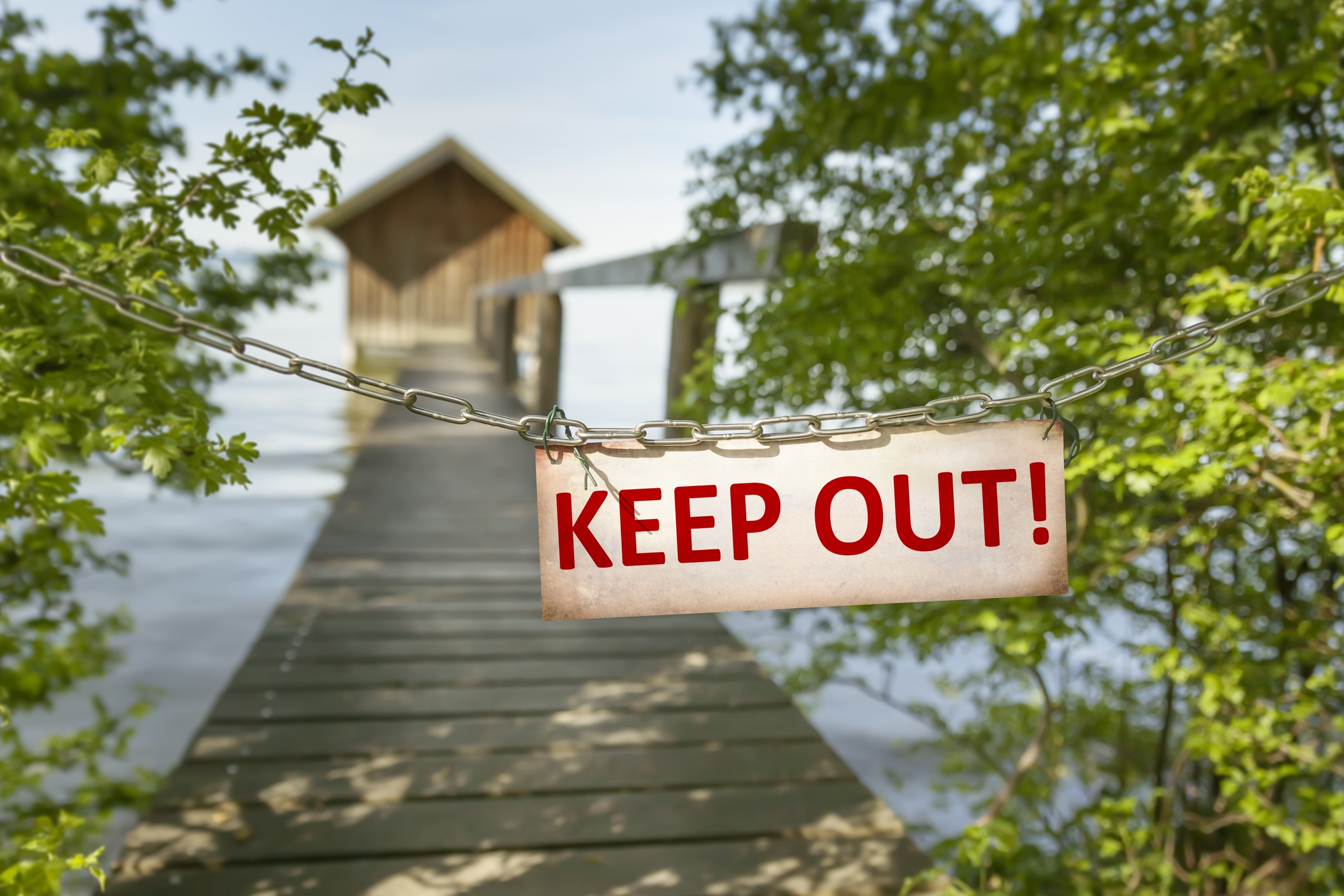
Activists keep out, say BC First Nations leaders
June 12, 2018
By
Liza Mayer
Coastal First Nations leaders have told Shepherd Conservation Society to stay off their traditional territories and partners’ farms this summer.
First Nations leaders and salmon farm workers spoke about the importance of aquaculture at a gathering in Campbell River, BC, on June 1.
Tlowitsis Chief John Smith recalled how foreign members of the Sea Shepherd Conservation Society have harassed salmon farms for the last two summers.
He said salmon farming has become an important economic driver for his members, creating jobs and economic activity allowing them to purchase land f or their community and establish a post-secondary education scholarship fund for their youth. “You are not invited here,” said Smith, addressing the activists.
Harold Sewid , Clan Chief of the Broughton-based WiumasgumQwe’Qwa’Sot’Enox, noted how he had a change of heart about salmon farming after seeing the industry’s efforts toward sustainability.
James Walkus owns a business based in Port Hardy that transports fish from Marine Harvest farms. Also a commercial fisher, he operates five vessels and employs up to 30 people at a time. He currently has a new boat intended to harvest farm - raised salmon in the Broughton under construction in North Vancouver. “Aquaculture needs to continue,” Walkus said. “The employment it creates for many of our First Nations and other Canadians is important. In Klemtu, it is the major employer. We need it, British Columbia needs it, the world needs it. If we don’t do it some other country will and it will be our loss and some other country’s gain.”
Maurice Isaac, a member of the Tlowitsis First Nation, has worked in salmon farming for 18 years. He started as a farm technician and has worked his way up to managing a Marine Harvest farm site.
“As one of many First Nations people working in the industry I want people to know it’s not as activists are portraying it,” Isaac said. “Come visit our farm, and you will see healthy fish and modern technology. I feel I do my part in keeping wild salmon stocks alive by growing Atlantic salmon. Without this there would be no wild salmon left, in my opinion.”

Advertisement
Story continue below





